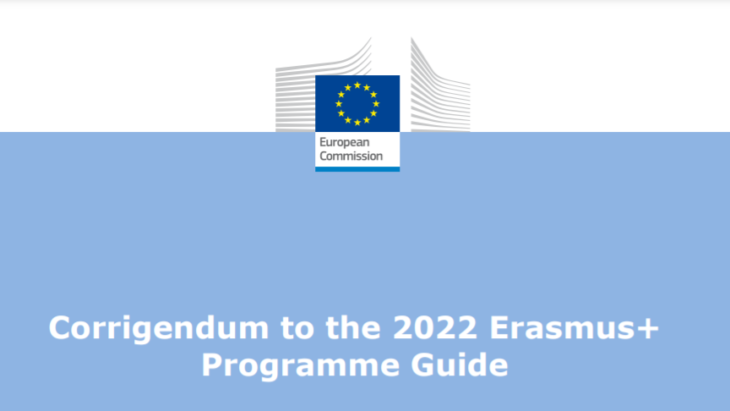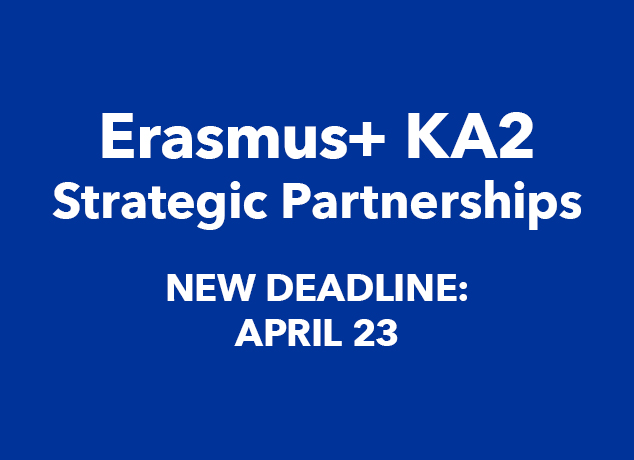This evening at midnight (Italian time) the United Kingdom’s withdrawal from the Union will take effect,
an agreement approved yesterday by the European Parliament by 621 votes in favor, 49 against and 13 abstentions.
Tomorrow will see the start of a long phase of transition and negotiation which will end on December 31, 2020: until that date everything will remain unchanged.
It is certainly a historic moment for the European Union and for its history: Britain is the first ever country to leave the Union, a country that had joined since 1973 to what was then the EEC (European Economic Community) which was the embryo, the first form of what later became the European institutions and the whole European Union.
We are sure, however, that this is just for right now, it’s not forever; in this regard, Julian Barnes (British writer) said: “not all Great Britain wants to leave” and that “this is not a farewell, young people will bring us back”.
Indeed, young people represent the engine and future of a nation, a reservoir full of hope and trust..
And of course they will be able to continue traveling, visiting, studying, working, partecipating in Erasmus projects in the United Kingdom, since the British government in the person of Undersecretary Skidmore has ensured that “Erasmus+ participation is protected under the Withdrawal Agreement and we are open to participation in the new Erasmus successor programme from 2021- this will be part of future relationship negotiations with the EU once the scheme has been finalised”
According to the data of the national agency Indire, between June 2017 and May 2019, the United Kingdom hosted over 30,000 students from all over Europe, of which around 4,000 were Italian students.
So, as David Sassoli – President of the European Parliament – said in these hours, let’s not forget that “we have much more in common than that which divides us” and that therefore “saying farewell is too demanding and definitive. This is why I will only saying goodbye and not farewell”



















